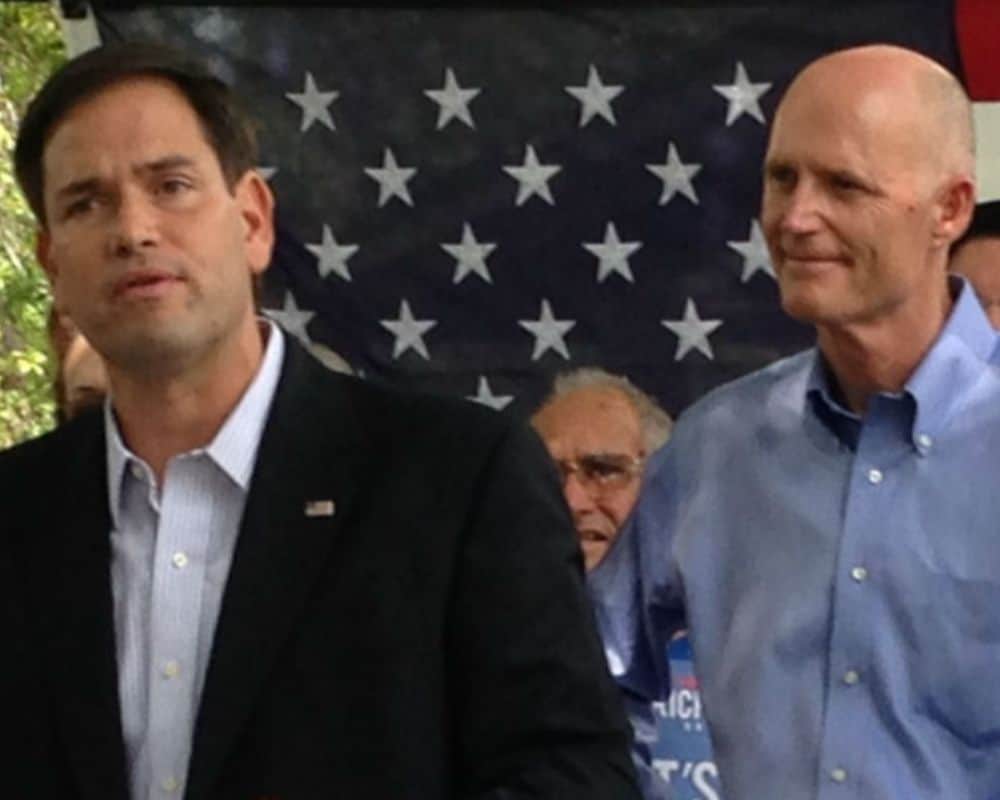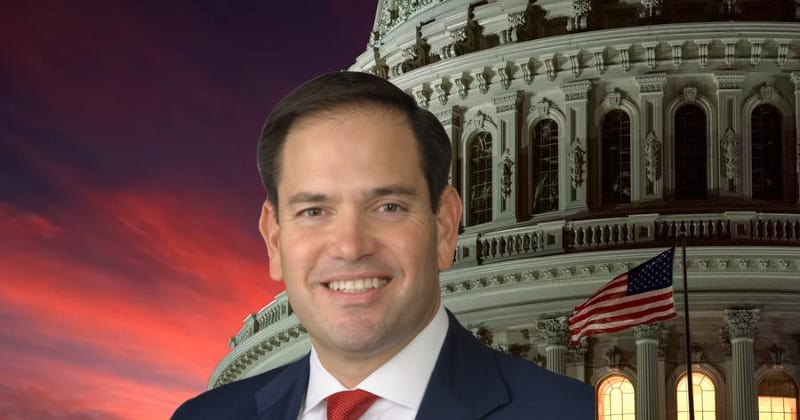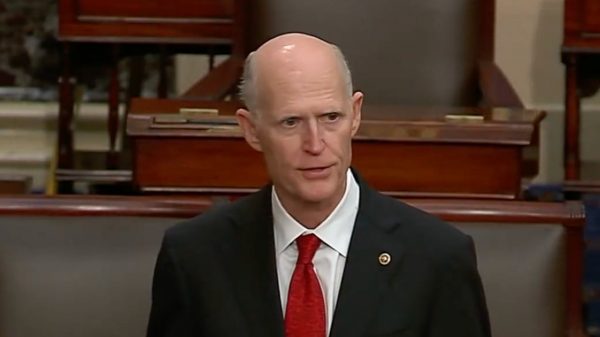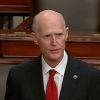Florida’s two U.S. senators–Republicans Marco Rubio and Rick Scott–joined U.S. Sen. Todd Young, R-Ind., and colleagues sent a letter to U.S. Securities and Exchange Commission Chairman Gary Gensler stressing the risks that the China Evergrande Group’s default and Chinese businesses’ financial and accounting practices pose to U.S. investors.
The letter also calls for enhanced risk disclosures and due diligence from registered investment funds when considering investments in China.
Other signers include U.S. Sens Mike Braun, R-Ind., and Ted Cruz, R-Tex.
The letter is below.
Dear Chairman Gensler,
We write to express concern regarding the investment and accounting methods used by China Evergrande Group, an investment holding company, and the risks such practices may pose to U.S. investors. In the interest of U.S. capital markets, the Holding Foreign Companies Accountable Act (P.L. 116-222) was a much-needed step to safeguard against Chinese-based entities engaging in non-transparent business practices. But as the Evergrande default further demonstrates, the risks to U.S. investors from certain Chinese business practices extend beyond traditional auditing disclosures.
As you know, Evergrande is a large real estate developer with more than $300 billion in liabilities, including nearly $20 billion in U.S. dollar-denominated bonds. For years, U.S. investors have invested in the company, through both debt and equity markets. In December, U.S. ratings agencies assessed Evergrande to be in default after it failed to make coupon payments on its U.S. dollar-denominated bonds, even after an extended grace period. This followed months of uncertainty due to the company’s lack of disclosures regarding its bond payments and questions regarding possible intervention by the central government of China.
Evergrande appears to have engaged in dubious financial and accounting practices including 1) listing unbuilt and unsold properties as assets, 2) overcapitalizing interest payments, 3) collateralizing new loans with previously financed deals, and 4) using complex overseas structures, many tied personally to the CEO and his family, to obscure the extent of the company’s liabilities. Unsurprisingly, Evergrande is not alone and is one of several China-based companies engaged in deceitful practices, as exemplified by Luckin Coffee, TAL Education Group, and HNA Group, to name a few recent examples.
In the case of Evergrande, risks to American investors stem not only from its legal structure, but also from its underlying business practices and China’s arbitrary actions. Of growing concern too is the overall quality of auditing since China began aggressively assuming control of Hong Kong. In June 2021, Hong Kong’s own Financial Reporting Council noted that nearly three quarters of audits reviewed were below standards, and more than 80 percent of inspected audits showed “inadequate skepticism” of underlying assumptions. We are concerned that even international auditing firms now face growing political pressure in Hong Kong and China that could potentially further undermine the transparency of Chinese business practices.
While China Evergrande Group was not directly listed in the U.S., its shares were traded via American Depositary Receipts using a variable interest entity (VIE) structure, enabling the company to take advantage of U.S. investors and capital. We applaud the Security and Exchange Commission’s Investor Bulletin from September 20, 2021 highlighting risks associated with investing in VIEs, but we are concerned the Commission is not doing enough to protect U.S. investors from fraudulent or politically motivated actions of Chinese companies.
The simple truth is that Chinese companies provide insufficient transparency and accountability. Too many U.S. investors—especially passive investors in mutual funds and ETFs that track indexes—are not fully aware of these unseen risks. Accordingly, we urge the Commission to seek enhanced risk disclosures and due diligence on the part of registered investment funds and their managers, when considering investments in China, as outlined in the July 24, 2020 Report on Protecting United States Investors from Significant Risks from Chinese Companies by the President’s Working Group on Financial Markets.
Thank you for your attention to this important matter and consideration of these issues.

















Pingback: Florida’s Senators Want Answers From SEC Chairman on China Evergrande Group via /r/economy | Chet Wang